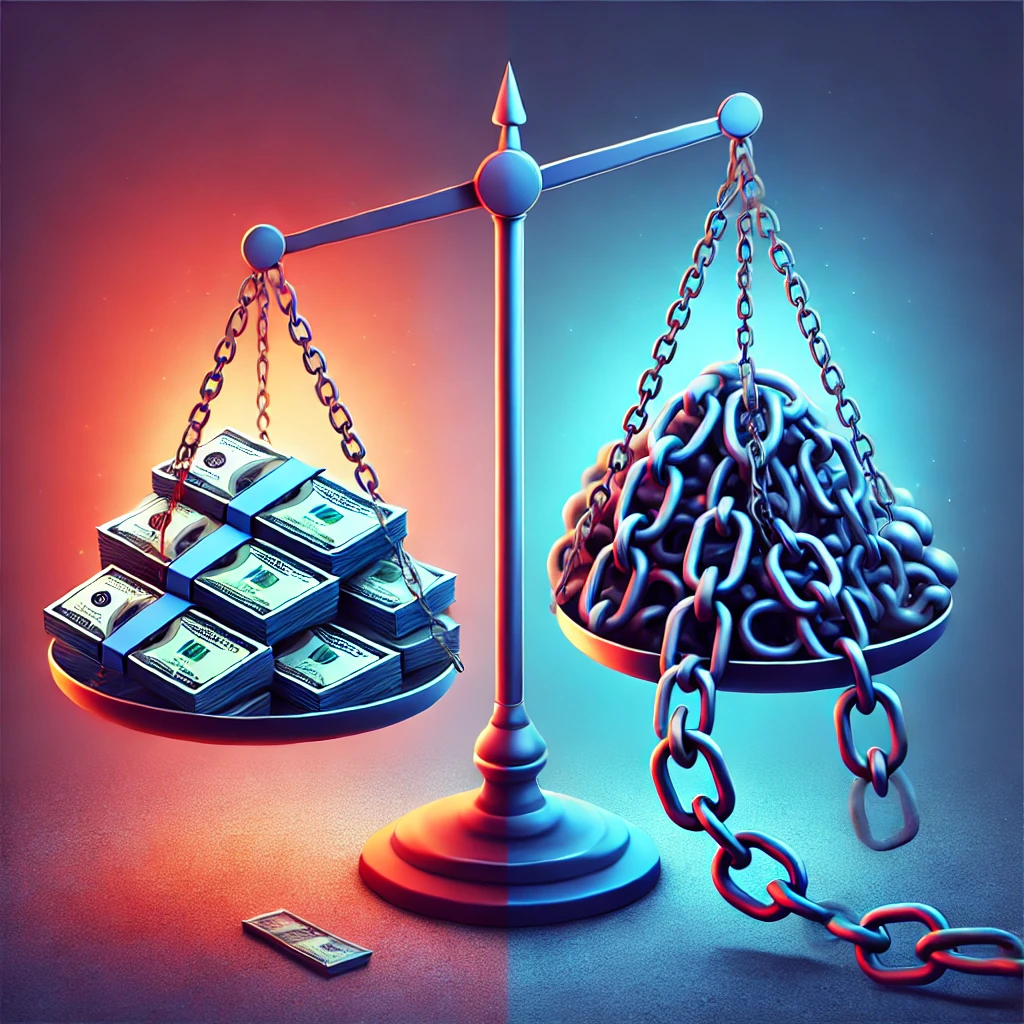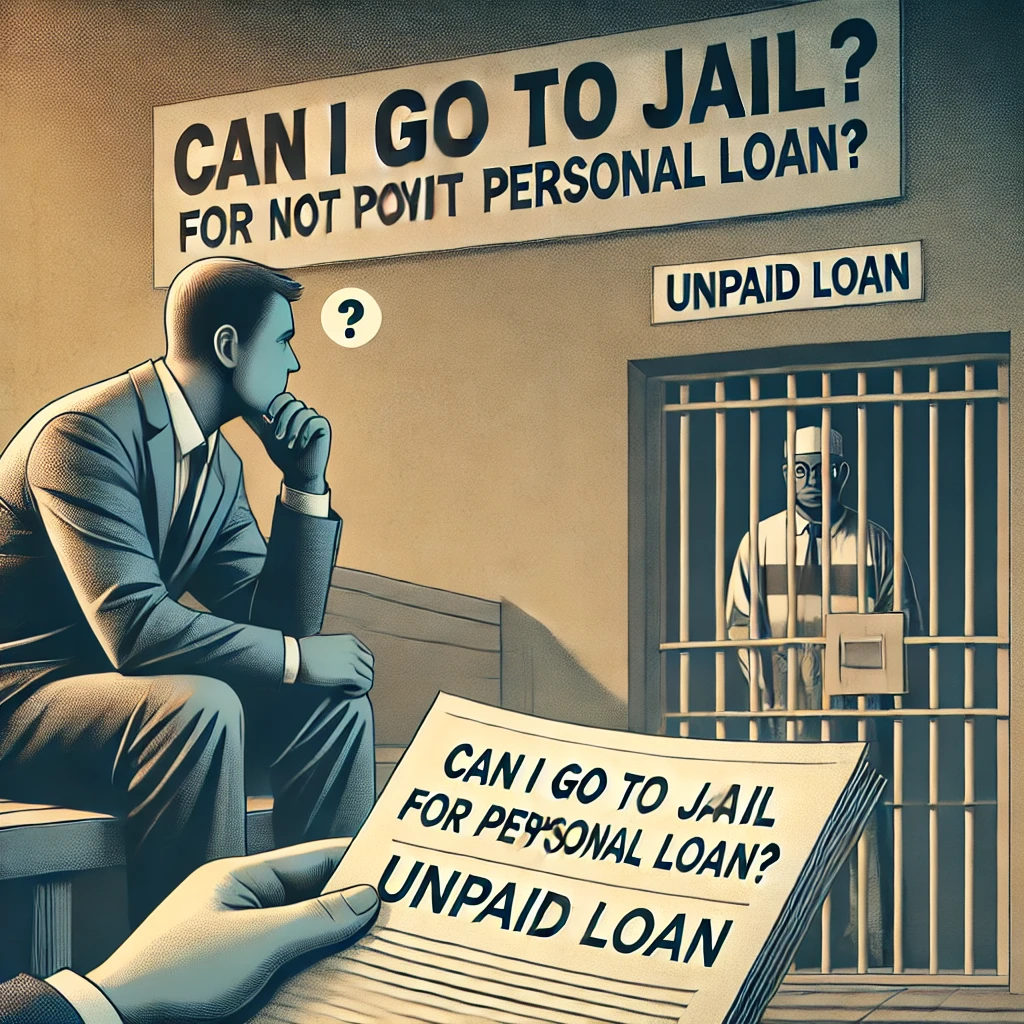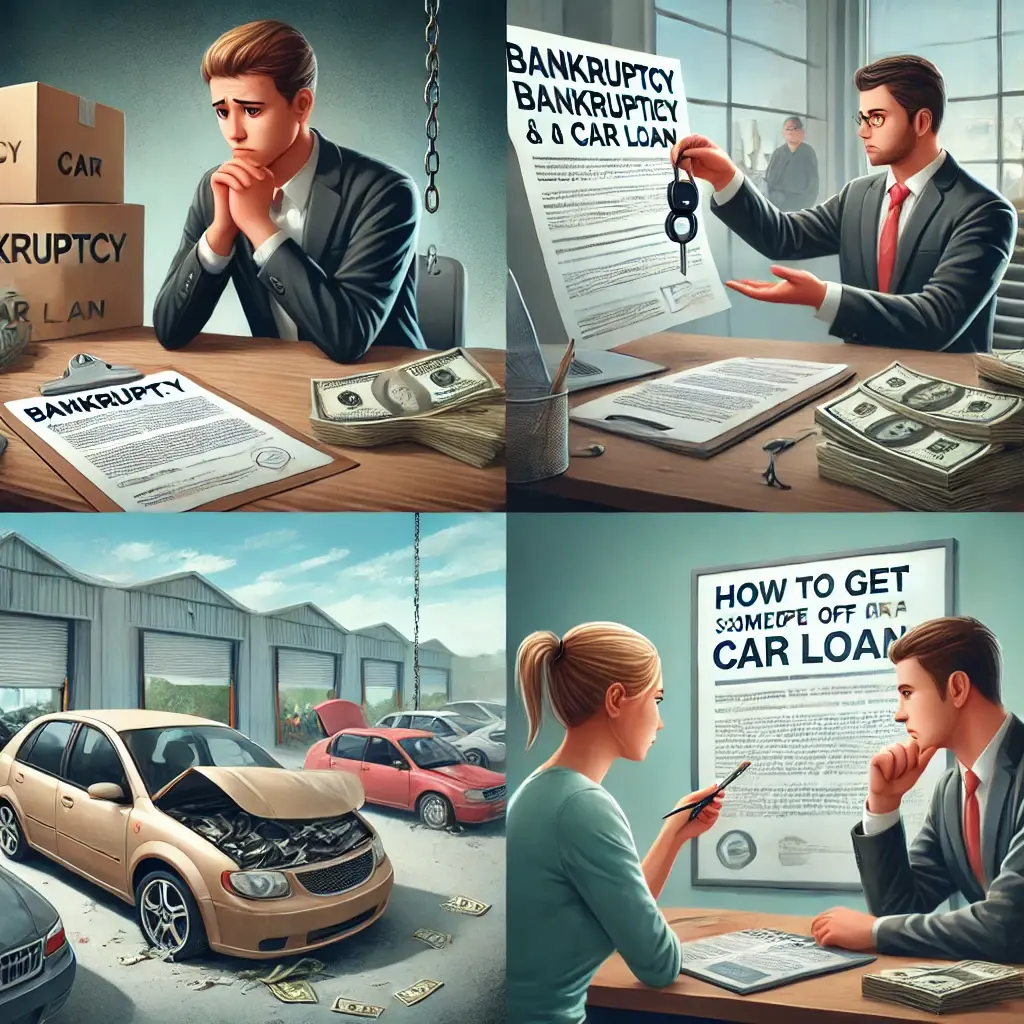Have you ever wondered, Can I go to jail for not paying a personal loan? It’s a common concern for people struggling with debt collection. The good news is that failing to repay a loan typically doesn’t lead to jail time. However, there are important legal and financial aspects to consider.
When you fail to pay, your lender or creditor may take legal action. This could include obtaining a court order to recover their money. Understanding your rights and responsibilities can help you avoid unnecessary complications. This guide will explore the myths and facts about going to join for not paying a personal loan.
Debt and Personal Loans
Debt collection can be stressful, especially when your finances are tight. Personal loans often come with strict repayment terms. If you struggle with paying back, it’s essential to communicate with your creditor to avoid further problems.

Personal Loan
If you’re overwhelmed, seeking debt advice is a smart first step. Options like a debt management or debt consolidation loan can make repayment easier. Acting quickly can prevent the situation from escalating to legal consequences.
Types of Debt and How They Affect You
Different types of debt, like a car loan or personal loan, can impact your finances in unique ways. If you struggle with paying a debt, it is crucial to stay informed. Working with a credit counselor or seeking help from a debt charity can guide you in managing these financial obligations effectively.
Readers can benefit from using a loan calculator to better understand the financial impact of different types of loans, especially when considering the costs of personal loans and how they relate to other debts.
Can You Go to Jail for Not Paying a Personal Loan?
Legal Consequences of Unpaid Debt
You cannot go to jail for not paying most of loans, like personal loans. However, ignoring a loan provider or failing to comply with a contempt of court ruling could cause legal issues. Seeking legal advice early can help you avoid complications and create a strategy to pay the debt.
Myths About Jail for Not Paying Personal Loan
Is It Possible to Go to Jail for Not Paying Personal Loan
You can’t go to jail for defaulting on a loan or other unpaid debts in most cases. Laws protect individuals who can’t pay due to financial hardship. However, if you refuse to pay after a court order, you could be arrested for not paying specific debts, such as council tax in some regions.
Factors That Influence the Consequences of Unpaid Debt
How Missed Loan Repayments Impact Your Credit Score
When you’ve stopped paying a loan, it affects your credit score. Lenders report missed payments, making it harder to borrow in the future. If you are struggling with debt, seeking credit counseling can help you manage repayments and protect your credit rating.
When Debt Collectors Get Involved
Can Debt Lead to Jail or Legal Action?
Most debts, like credit card bills, won’t send you to jail, but unpaid obligations like failure to make child support payments can lead to legal issues. In some cases, wage garnishment may occur if creditors want to collect the debt. Remember, debt collectors must follow the law and cannot harass you.
If you’re concerned about your options for managing debt and avoiding legal complications, you might want to explore who to apply for second loan mortgage. This can provide a practical solution for consolidating debt and preventing further legal action
How to Avoid Going to Jail for Not Paying Personal Loan
Steps to Repay Your Personal Loan
To avoid problems, focus on ways to repay the loan. You should aim to make consistent payments to avoid legal action. Even small amounts show that you are paying their debts and can help maintain a positive relationship with creditors.
To better understand how personal loans compare to mortgages, consider reading more about personal loans verses mortgage. This comparison can help you decide which option is best for managing debt and avoiding further financial strain.
Strategies to Get Out of Debt
Why It’s Important to Pay Your Debts on Time
Paying the money you owe on time helps you avoid problems like being taken to court. If you delay debt payments, a lender may take legal action to recover the loan back. Staying aware that debt affects your financial future can motivate you to prioritize timely payments.
What to Do If You’re Struggling with Repayment
How to Handle Missed Payments
If you miss payments, consider debt counseling to get back on track. A lender may be willing to work with you to create a manageable plan. Ignoring the issue could result in going to court, so act early to choose the right course of action.
Options for Loan Repayments During Financial Hardships
Seeking Help to Avoid Going to Jail for Debt
If you struggle to afford to pay, seek support from nonprofit credit organizations or legal aid services. They can help you understand your options, like requesting a payment break or setting up a new payment plan. Acting early ensures you avoid legal issues like being arrested for contempt of court.
Unpaid personal loans, like credit card debts, usually don’t result in jail time. However, some laws may allow legal action if you fail to comply with court orders or commit tax fraud related to your financial obligations. It’s vital to stay informed and handle debts responsibly to avoid severe consequences.
You should always pay your bills on time to avoid accumulating interest charges or penalties. If your inability to pay becomes overwhelming, seek help from professionals to create a solution. Whether it’s setting up a new payment plan or working with nonprofit credit services, taking action can help you regain control of your finances.
FAQs for Can I Go to Jail for Not Paying a Personal Loan?
Can I go to jail if I fail to make payments on my personal loan?
No, you cannot go to jail simply because you fail to make payments on a personal loan. However, ignoring court orders related to your debt could result in legal consequences.
Are unpaid loans treated like tax evasion?
No, unpaid loans are not the same as tax evasion. Tax-related issues can lead to criminal charges, but failing to pay a loan is usually a civil matter.
What happens if I can’t pay each month?
If you can’t pay each month, communicate with your creditor. They may offer options like adjusting your repayment schedule or consolidating your debt.
What actions can creditors take if I don’t make these payments?
Creditors may report missed payments to credit bureaus, sue you in court, or garnish your wages to recover the debt.
Can I combine my loans into one payment to simplify repayments?
Yes, you can consolidate your debts into one payment with a loan or repayment plan. This approach helps simplify the process and may reduce interest rates.


